Sustainable Production
Sustainable clothing is clothing that is designed, produced, distributed, and consumed in a way that has the least negative impact on the environment and society. Wearing sustainable clothing supports social justice, the environment, the preservation of natural resources, and human well-being. Customers can express their values and sense of style and change the world by purchasing sustainable clothing.
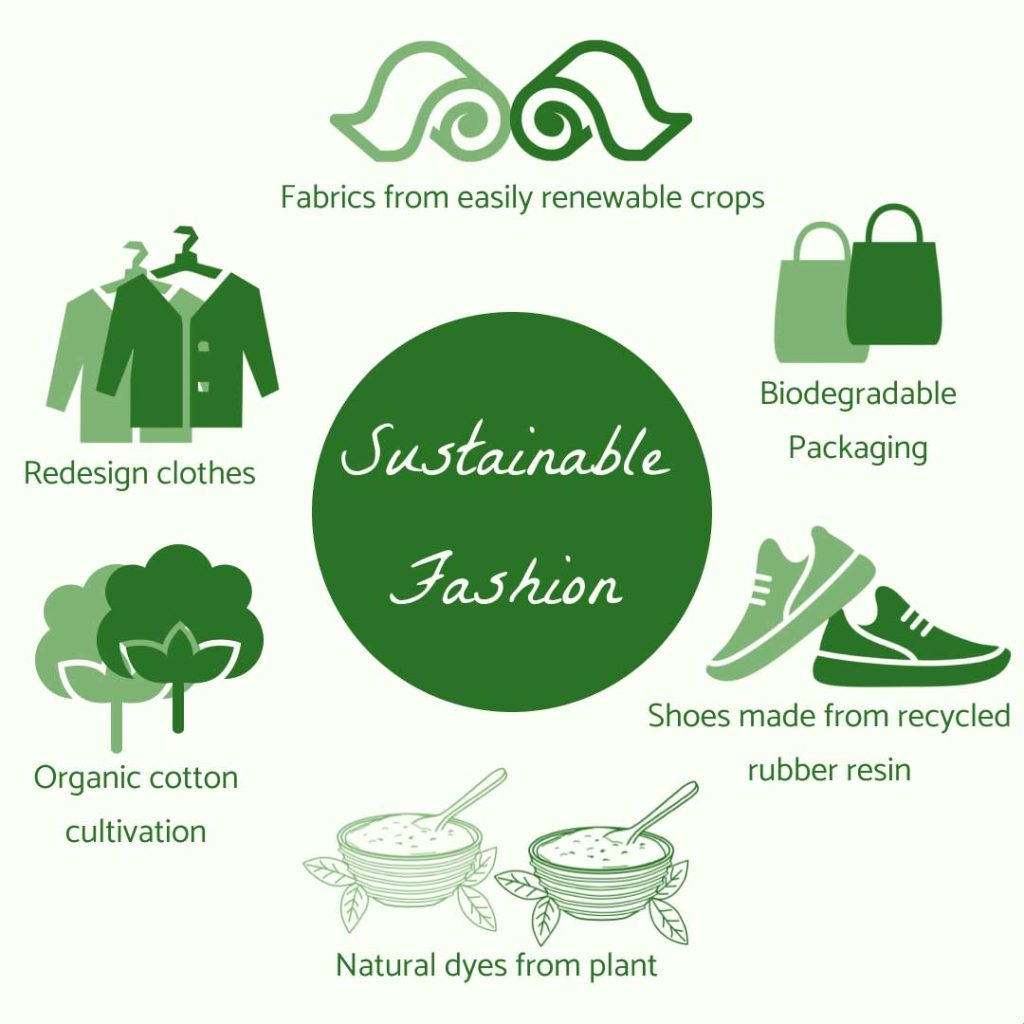
Sustainable apparel aims to achieve the following goals:
- Use organic and natural materials that are grown and harvested without harmful chemicals and pesticides, and that are biodegradable and renewable.
- Use recycled and upcycled materials that are made from waste products that would otherwise end up in landfills, and that reduce the use of natural resources and energy.
- Use natural and low-impact dyes that are free of toxic and hazardous substances, and that reduce water pollution and waste.
- Use ethical and fair trade practices that ensure that workers are paid fair wages and work under safe and humane conditions, and that respect the rights and cultures of local communities.
- Use circular and slow fashion principles that encourage consumers to buy less, buy better, and keep clothing for longer, and that provide options for repairing, reusing, and recycling clothing.
Organic Cotton
Cotton that is grown with minimal environmental impact through the use of materials and techniques is known as organic cotton. Increased biological diversity in agriculture, decreased use of hazardous and persistent pesticides and fertilizers, and replenished and maintained soil fertility are all achieved through organic production systems. Organic cotton is produced without the use of artificial fertilizers or hazardous, recurring pesticides. Furthermore, it is against federal regulations to use genetically modified seed for organic farming.
One of the most chemical-intensive industries in the world is the production of conventional cotton, and the chemicals used in this process have a significant impact on the air, water, soil, and health of those who live in cotton-growing regions. According to the Environmental Protection Agency’s classification, these are some of the most hazardous chemicals. Consumers who care about the environment are starting to favor organic cotton as a sustainable substitute for conventional cotton.

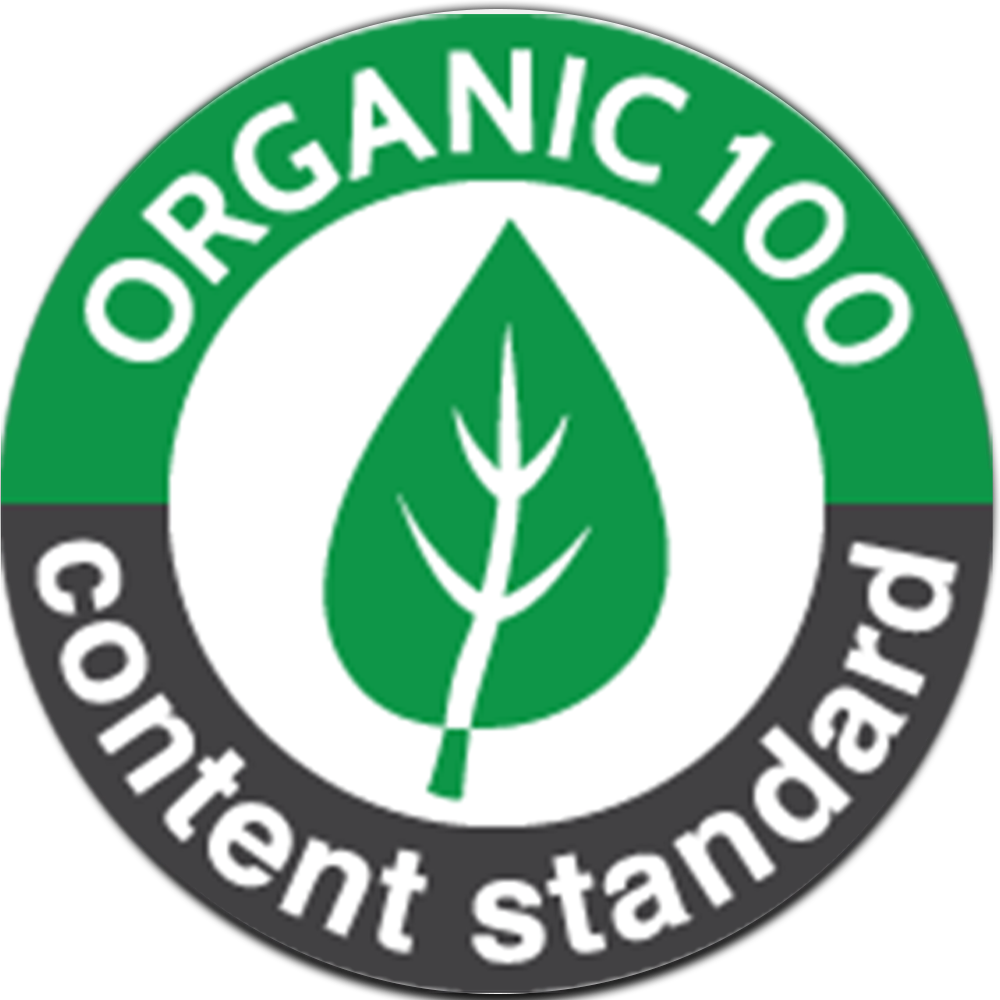
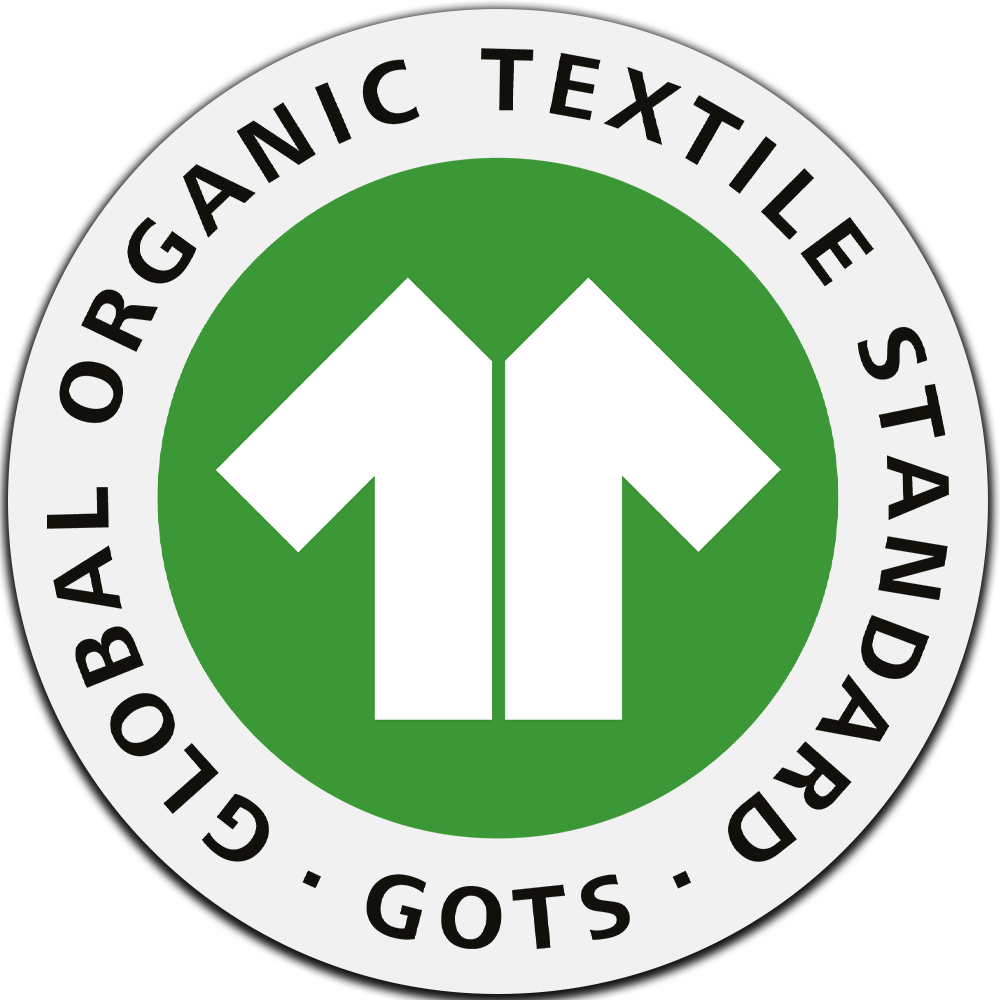
Recycled Material
Recycled yarn is a type of yarn that is made from recycled materials, such as plastic bottles, waste clothes, or textile scraps. Recycled yarn has many benefits for the environment, such as reducing waste, saving water, energy, and CO2 emissions, and preserving natural resources. Recycled yarn can be used for various knitting and crochet projects, such as macramé, accessories, garments, and home decor.
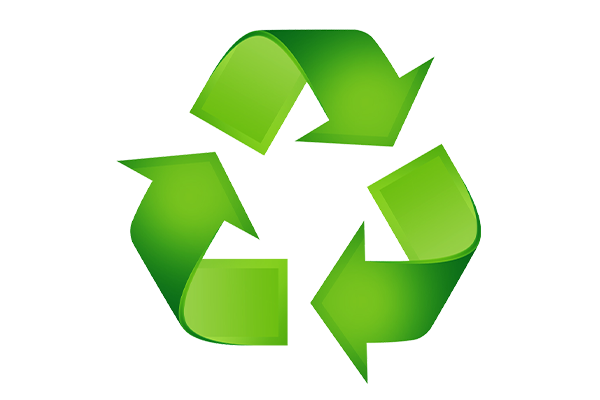

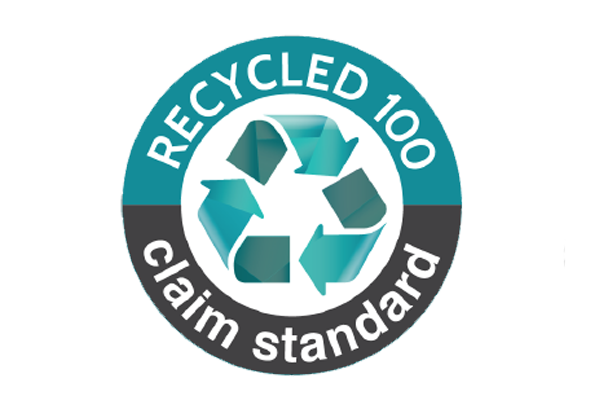
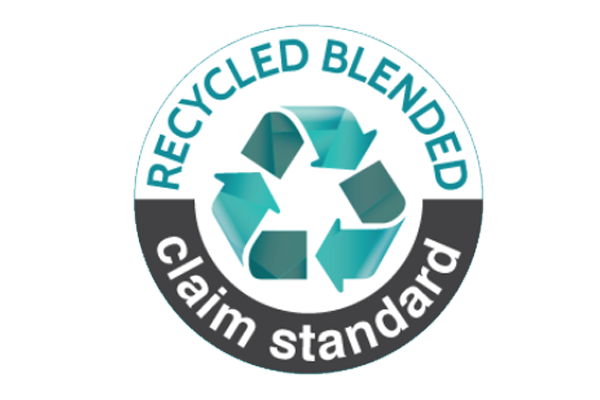

Sustainable Viscose
Sustainable viscose is a fabric made from natural and renewable resources such as wood pulp, bamboo, or soy. It has a soft and smooth texture and can be dyed in a variety of colors, making it a popular substitute for silk, cotton, or polyester. However, not all viscose is environmentally friendly, as the manufacturing process can involve harmful chemicals, high energy consumption, and deforestation. As a result, it is critical to seek out viscose that has been certified by Eco-friendly standards, such as LENZING™ ECOVERO™, which uses less water and emits fewer emissions than conventional viscose. Because it is made of natural materials that degrade in the environment, sustainable viscose can also be biodegradable. However this also depends on the kind and quantity of chemicals used in the production process, in addition to the disposal site’s characteristics. Compared to synthetic fabrics, sustainable viscose may be a more environmentally friendly choice.
BCI Cotton
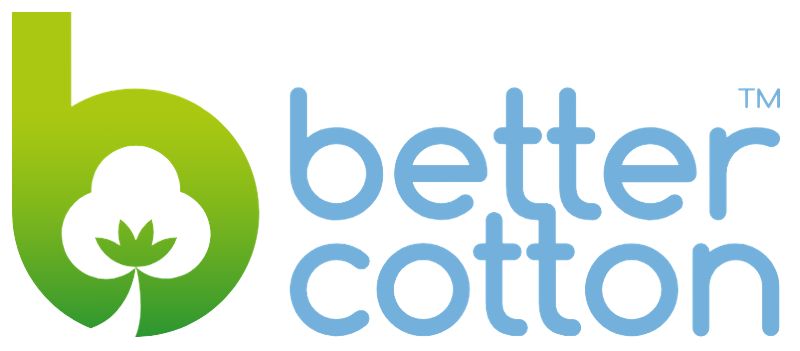
BCI Cotton: BCI stands for Better Cotton Initiative, a non-profit and multistakeholder governance group that aims to make cotton production more sustainable for the people and the planet.
BCI Cotton Standard: BCI Cotton follows a set of principles and criteria that cover environmental, social, and economic aspects of cotton farming. BCI Cotton farmers are trained and licensed to implement these practices and sell their cotton as Better Cotton.
BCI Cotton Benefits: BCI Cotton helps to reduce the environmental impacts of cotton production, such as water use, pesticide use, and greenhouse gas emissions. BCI Cotton also supports the livelihoods and well-being of cotton farmers and workers, by improving their income, working conditions, and resilience to climate change and market fluctuations.
BCI Cotton Network: BCI Cotton is the largest cotton sustainability programmed in the world, with more than 2,500 members across the cotton supply chain, from producers to retailers and brands. BCI Cotton has reached nearly 4 million people in 22 countries and accounts for 23% of global cotton production


